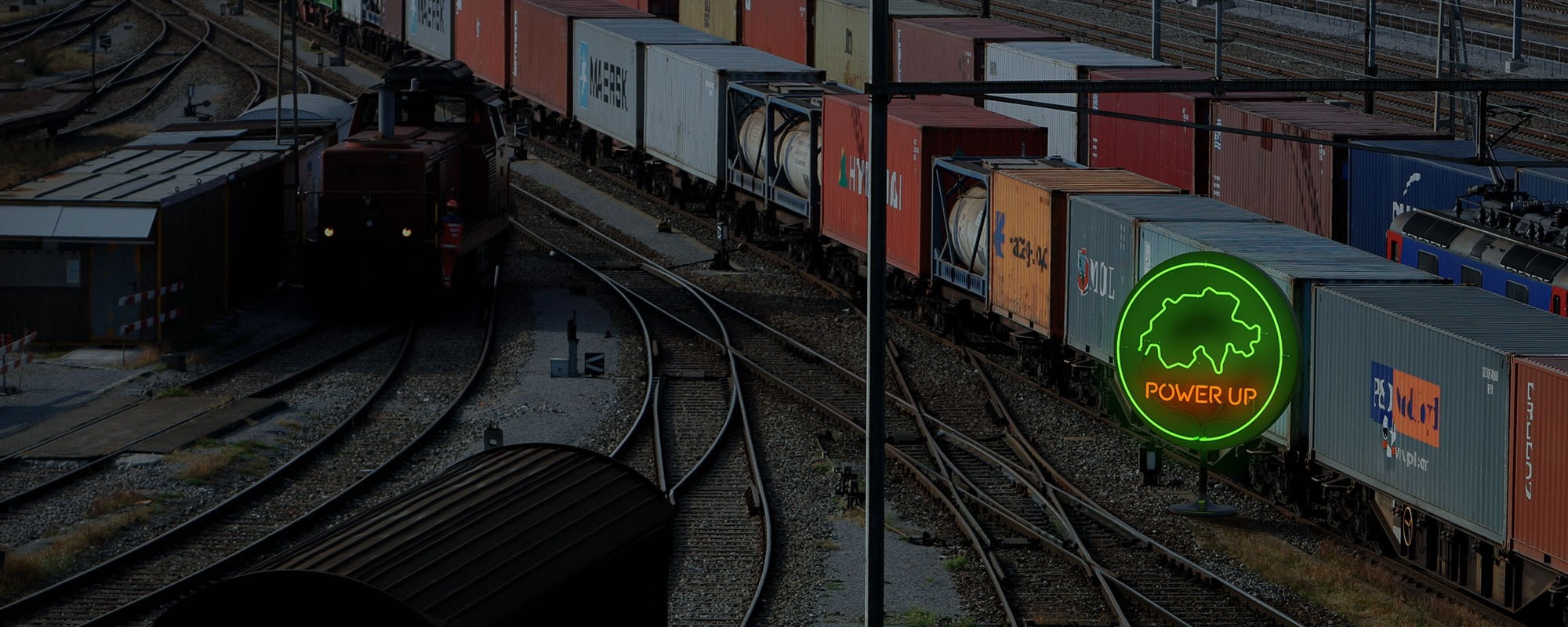
International trade
Offsetting geopolitical trends through long-term trade access and resilient supply chains
Switzerland’s trade-to-GDP ratio is twice the OECD’s average highlighting the importance of international trade to its economy and economic success. The free exchange of goods and services has come under pressure recently due to trade wars, protectionism and a trend towards de-globalisation or ‘glocalisation’ further spurred on by Covid-19. These geopolitical trends do not bode well for a country so reliant on international trade like Switzerland. The government should enter into additional free trade agreements and ensure long-term access to the European single market, Switzerland’s largest trading partner. For their part, companies need to rethink and redesign their global supply chains, business location choice and make better use of the benefits of digitalisation.
Our recommendations
Here are what policymakers and businesses need to do power up the exchange of goods and services through simplifying regulations, accelerating digitalisation and considering legislation.
Policymakers
-
Deregulate and simplify the tariff system
-
Maintain bilateral agreements with the EU
-
Review and broaden strategic free trade agreements
-
Update data protection
Business
-
Assess the maturity of trade compliance processes
-
Reassess supply chains
-
Make better use of automation and digital supply chain networks
-
Optimise international business location strategy
The complexity of global supply chains
Global supply chains were not built for something like COVID-19. Hear why Bruno Pfeiffer thinks resilient, connected and sustainable supply chains will be key to managing future disruptions
Insights and perspectives
How can we help?
Supply Chain & Network Operations
Reimagining supply chains from end to end to address tomorrow’s challenges and opportunities.
Customs & Global Trade Management
Ensuring up-to-date compliance with timely information, digital capabilities and ready-to-use solutions.
Download
Read the full report to see what is needed to power up Switzerland now and in the future
Connect with us
Sign up for Power Up Switzerland insights delivered to your inbox
Contacts

Bruno Pfeiffer
Partner
+41 58 279 9002

Hevin Demir
Director
+41 58 279 6902








